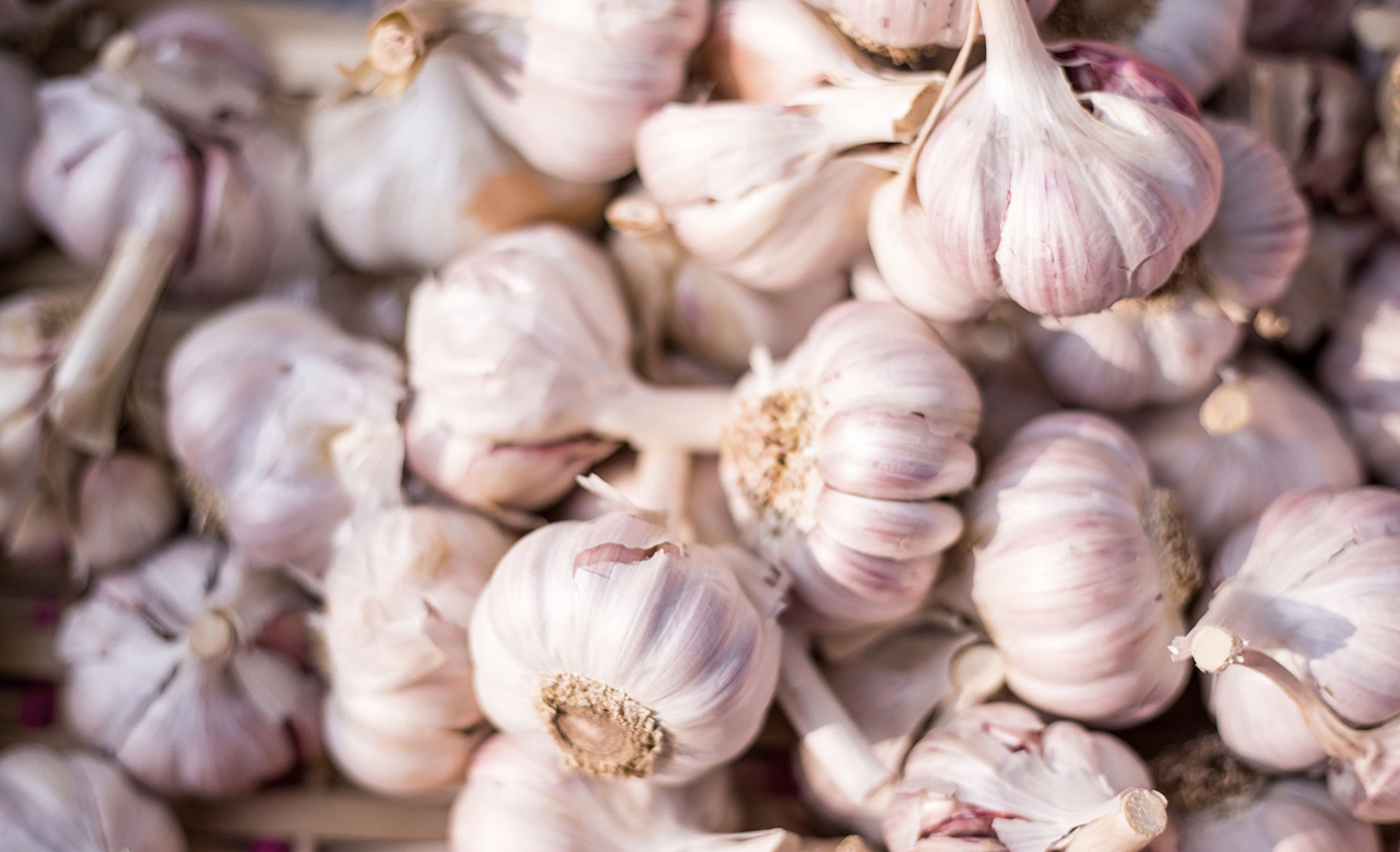WTF is FODMAP?
You might have seen it mentioned online or in nutrition books, but do you actually know what FODMAP means? Let’s start with what it stands for: Fermentable Oligo- Di- and Mono-saccharides And Polyols. Doesn’t exactly roll off the tongue, does it? Basically, it means short-chain carbohydrates which ferment quickly and aren’t absorbed in the small intestine, but pass to the colon intact.
FODMAPS are found in a wide variety of foods; Fermentable oligosaccharides are found in grains, legumes (beans and lentils), nuts (especially cashews and pistachios) and some vegetables including artichokes, asparagus, garlic, peas, leeks and onions. Disaccharides (i.e. lactose) is found in milk and dairy products, Monosaccharides (i.e. fructose) is found in fruit, sweeteners and sweet vegetables like sweetcorn and canned tomato products. Polyols are found in fruits and sweeteners commonly used in candy, gums and sugar-free foods. Gluten is not a FODMAP so you do not have to follow a gluten-free diet unless you have coeliac disease.
FODMAPS are poorly absorbed by everyone, but some of us suffer more unpleasant symptoms – like bloating, flatulence, abdominal pain or constipation – when trying to digest them. These can sometimes be diagnosed as IBS.
If you’re an IBS sufferer, FODMAPS won’t be absorbed in the small intestine like normal foods, this means they travel intact to the large intestine. When bacteria living in the colon make contact with FODMAPs, they use them as energy to survive, rapidly fermenting the FODMAPS and producing gases as a result. It’s the excessive water retention and gas production that causes the intestines to expand. When the intestinal walls stretch, the highly connected nervous system around the intestines send signals to the brain, resulting in the feeling of pain and discomfort.
To help prevent the symptoms of IBS, a diet low in FODMAP foods is sometimes recommended. Sufferers should consult a dietitian for advice about trialling the diet, but the idea is that over a period of about 8 weeks, FODMAPS are eliminated from the diet, during which the IBS symptoms should be reduced. The FODMAP foods are then gradually reintroduced one by one to help establish the trigger.
People with gut issues (such as IBS) should consult a dietitian or GP before consuming functional foods such as fibreful which contains chicory inulin – a FODMAP food – and therefore may not be tolerated by some people who are prone to IBS.
We hope this has been helpful! We’ve got plenty more information on everything from poo to probiotics on our blog.




